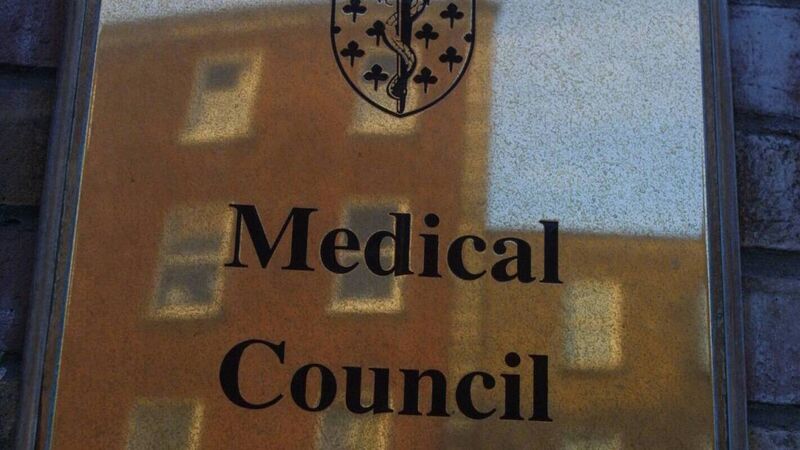Cork GP advertised herself as gynaecologist without authorisation, inquest hears

Dorota Sanocka, who practises at Our Clinic Sanocka based at Clogheen Business Park, Co Cork, appeared before a hearing of the Irish Medical Council on Tuesday to face four allegations of professional misconduct and poor professional performance relating to her care of two patients. Picture: RollingNews.ie
A Cork-based doctor advertised herself as gynaecologist despite having no authorisation from Irish medical authorities and prescribed an oral contraceptive to two older, high-risk patients against recommended medical practice, an inquiry has heard.
Dorota Sanocka, who practises at Our Clinic Sanocka based at Clogheen Business Park, Co Cork, appeared before a hearing of the Irish Medical Council on Tuesday to face four allegations of professional misconduct and poor professional performance relating to her care of the two patients.













